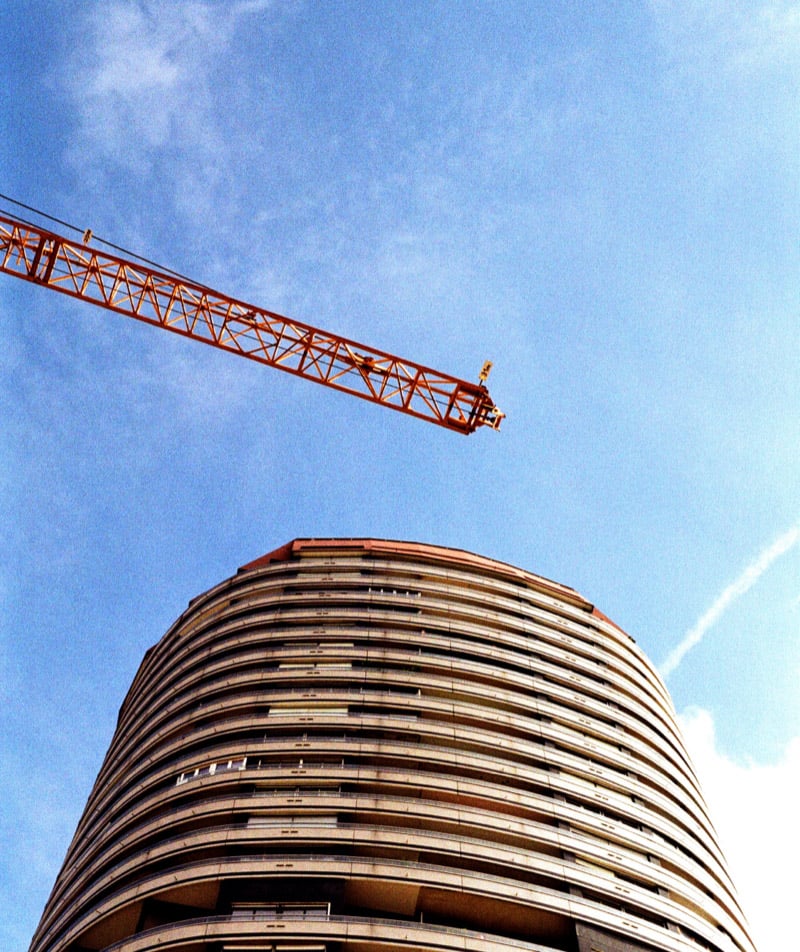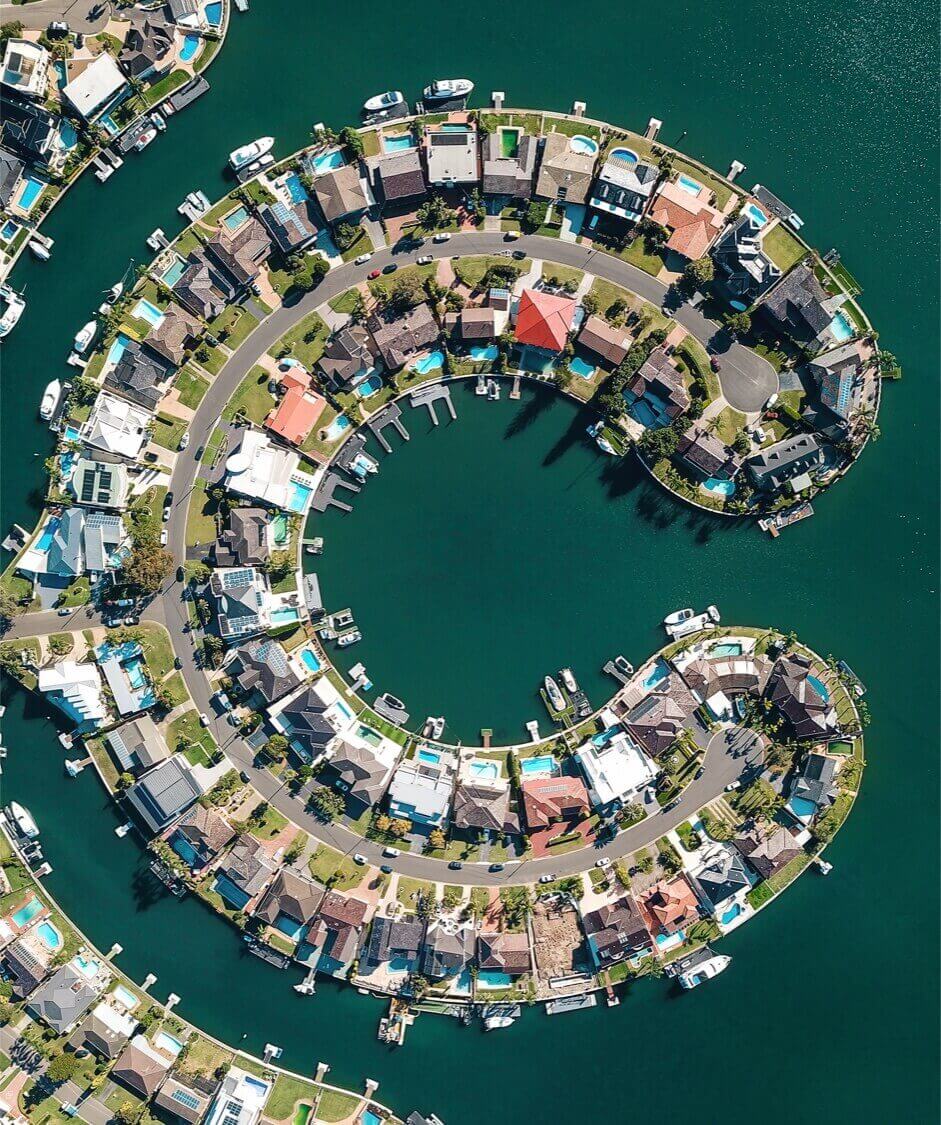What exactly is project development?
Why is project development meaningful?
I get why many people want to know how to become a property developer because if you do it correctly, you can:
- Save money by having your project priced at 20% less than its market value;
- Generate profits – you might profit much from improvement;
- Improve your rental returns, which will help you pay down your mortgage;
- Obtain simpler financing – While it is now more difficult to fund developments, once completed, you may be able to borrow 80% of the property value, which might be substantially more than your expenditures, providing you much more leverage;
- Gain significant tax advantages from your new property;
- Taking all of this into account, becoming a property developer allows you to purchase high-performance properties “at wholesale” (with built-in capital growth) while also being inexpensive to own.
This allows you to develop your property portfolio more quickly and safely than the ordinary investor.

How Do I Begin Project Development?
BE AWARE OF WHERE YOU ARE IN THE PROPERTY CYCLE
Understanding where you are in the property cycle and paying attention to the big picture economic issues that will impact the real estate market are important since development projects generally last two or more years. You don’t want to finish your project in the midst of the next real estate recession, do you?
CONDUCT EXTENSIVE PRE-PURCHASE DUE DILIGENCEE
Don’t trust the selling agent when he says the property would be ideal for development. You must conduct meticulous due diligence, such as verifying the council zoning as well as particular property due diligence, such as examining the title for covenants, easements, and overlays; the neighborhood character as well as nearby buildings and trees; and the geography of the land.
DO NOT OVERPAY
It’s critical to purchase your development site at a price that permits you to generate a reasonable profit; otherwise, you’ll be at a disadvantage right away.
ASSEMBLE A GOOD TEAM AROUND YOU
Do a thorough feasibility study – be realistic rather than optimistic, and include all of the minor expenses that newcomers frequently overlook. Allow for a contingency in case unforeseen costs arise, which they always do!
DETERMINE YOUR BUDGET
Do a thorough feasibility study – be realistic rather than optimistic, and include all of the minor expenses that newcomers frequently overlook. Allow for a contingency in case unforeseen costs arise, which they always do!
BE CONSCIOUS OF YOUR SCHEDULE
It’s not uncommon for developers to overestimate their schedule. Setting realistic time boundaries can help you budget more properly, and remember to save some money for unanticipated situations that may cause your timetable to be disrupted.
BE CAREFUL WITH YOUR DOCUMENTATION
Everything should be documented, especially when working with consultants and contractors. This reduces misconceptions and confusion. And maintains meticulous records. If your documentation isn’t in order, it will only cause problems later on.
CONSIDER THE MARKET WHEN DESIGNING YOUR PROJECT
To maximize profitability, your project must appeal to its intended market rather than your own preferences.
DO NOT BECOME EXTREMELY CONFIDENT
The history has witnessed many investors earn big profits from project development, but also watched more developers, some much brighter but still fail it all due to overconfidence, rushing to complete one more development before the cycle finished, or taking on a project with insufficient built-in profit margins.
Who Should You Approach?
So, with whom should you initiate contact? And who will tell you what you need to know and point you in the right direction? Depending on the project’s complexity, you may only require any or all of the following team members:
Real estate brokers – but keep in mind that their goal is to sell you a property. They can’t even offer you accurate advice on the “developability” of the property, so it’s up to you and your team to evaluate; Money strategists can help you obtain development finance, which is not the same as investment finance; Accountants can assist you in establishing the proper ownership arrangements; Town planners and urban designers; lawyers to assist with all contracts; Engineers – civil, structural, traffic, acoustic, and environmental professionals.
Moreover, landscape architects, building contractors, project marketing specialists, development managers, project managers, construction managers, and quantity surveyors are also a group of people whom you need to reach.
Last but not least, there are Property Strategists. This may be your primary point of contact. A Property Strategist’s duty is to assist a property developer in researching, locating, and negotiating the purchase of property, maximizing investment returns through property investment management, as well as navigating the financial maze.
References:
“How to make money in project development” ,
and “10 Golden Rules of project development” by Bryce Yardney







